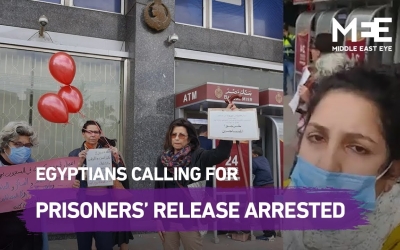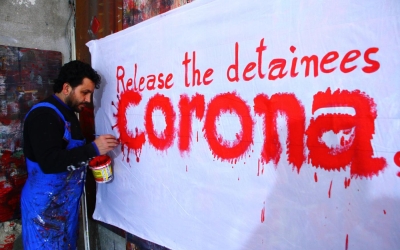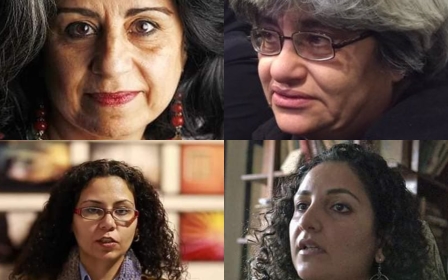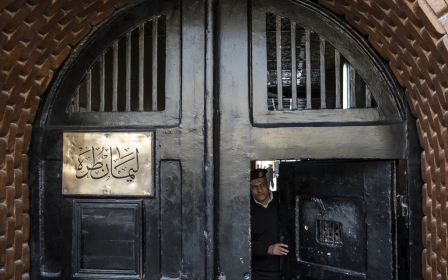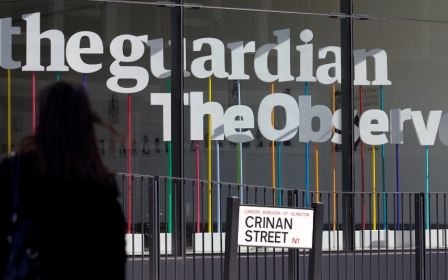Coronavirus and Egypt prisons: Veteran politician's life at risk, family warns
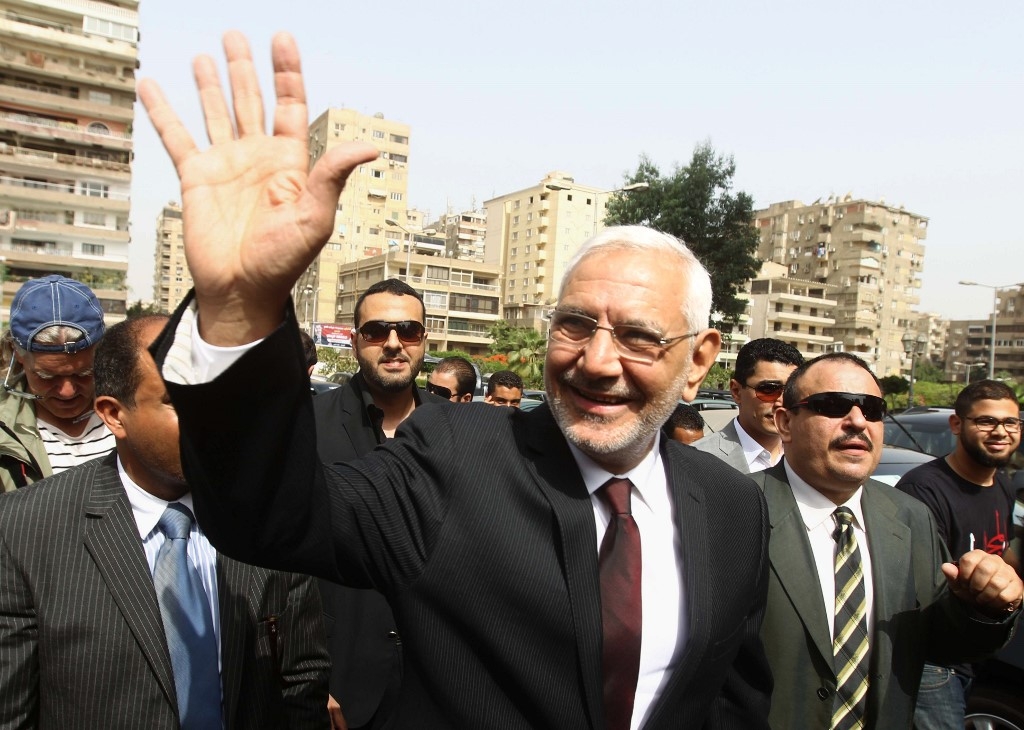
The family of jailed Egyptian politician Abdel Moneim Aboul-Fotouh warns that his life and those of many other inmates are at risk due to the potential outbreak of coronavirus in the country’s overcrowded prisons.
Aboul-Foutouh, 69, suffers from a range of chronic illnesses, including diabetes, high blood pressure, cardiovascular disease and sleep apnoea.
New MEE newsletter: Jerusalem Dispatch
Sign up to get the latest insights and analysis on Israel-Palestine, alongside Turkey Unpacked and other MEE newsletters
His son, Ahmed, told Middle East Eye on Friday that their family has been banned from visiting him for the past two weeks over what authorities say is a precautionary measure against the spread of Covid-19.
"We are worried about the coronavirus because the prison is open for all its workers who may transmit it to inmates,” Ahmed told MEE.
“Whereas prisoners are isolated, those who work there are not,” he added, expressing fears that the lack of a proper quarantine in Tora prison, where his father and many political prisoners are held, could easily result in the spread of the virus.
“His life is at risk not just because of his age, but also because of his pre-existing heart and chest illnesses that have already worsened due to medical negligence,” he said.
A former presidential candidate and a critic of President Abdel Fattah el-Sisi, Aboul-Fotouh was arrested in February 2018 ahead of presidential elections in which Sisi was endorsed by his only opponent and won an overwhelming majority of the vote.
'The easiest way to prevent an outbreak in prisons is to reduce the numbers of prisoners, starting with the vulnerable and elderly'
- Ahmed Aboul-Fotouh
It is widely believed Aboul-Fotouh was arrested because of media interviews he conducted with journalists from London the month before, in which he criticised Sisi’s rule.
Last month, Egypt’s judiciary brought new charges against him after his two-year pre-trial detention expired, a move which rights groups criticised as a political decision and no more than a “recycled version” of an old case.
The family has called on Egyptian authorities to either release him conditionally or put him under house arrest as “the minimum protection” for his life.
“The state has legal alternatives to provisional detentions,” Ahmed said. “They can either put them under house arrest or release them conditionally.”
“The easiest way to prevent an outbreak in prisons is to reduce the numbers of prisoners, starting with the vulnerable and elderly."
Egypt has so far reported 256 infections of the coronavirus, including seven deaths.
But infectious disease specialists at the University of Toronto believe the number of infections in Egypt is likely to be much higher than the official figures.
Several human rights groups have called on Egyptian authorities to release prisoners temporarily as an urgent measure to prevent an outbreak of Covid-19 in jails.
Human Rights Watch has estimated that more than 60,000 political prisoners languish in Egyptian jails since President Sisi came to power in 2014.
Middle East Eye delivers independent and unrivalled coverage and analysis of the Middle East, North Africa and beyond. To learn more about republishing this content and the associated fees, please fill out this form. More about MEE can be found here.


